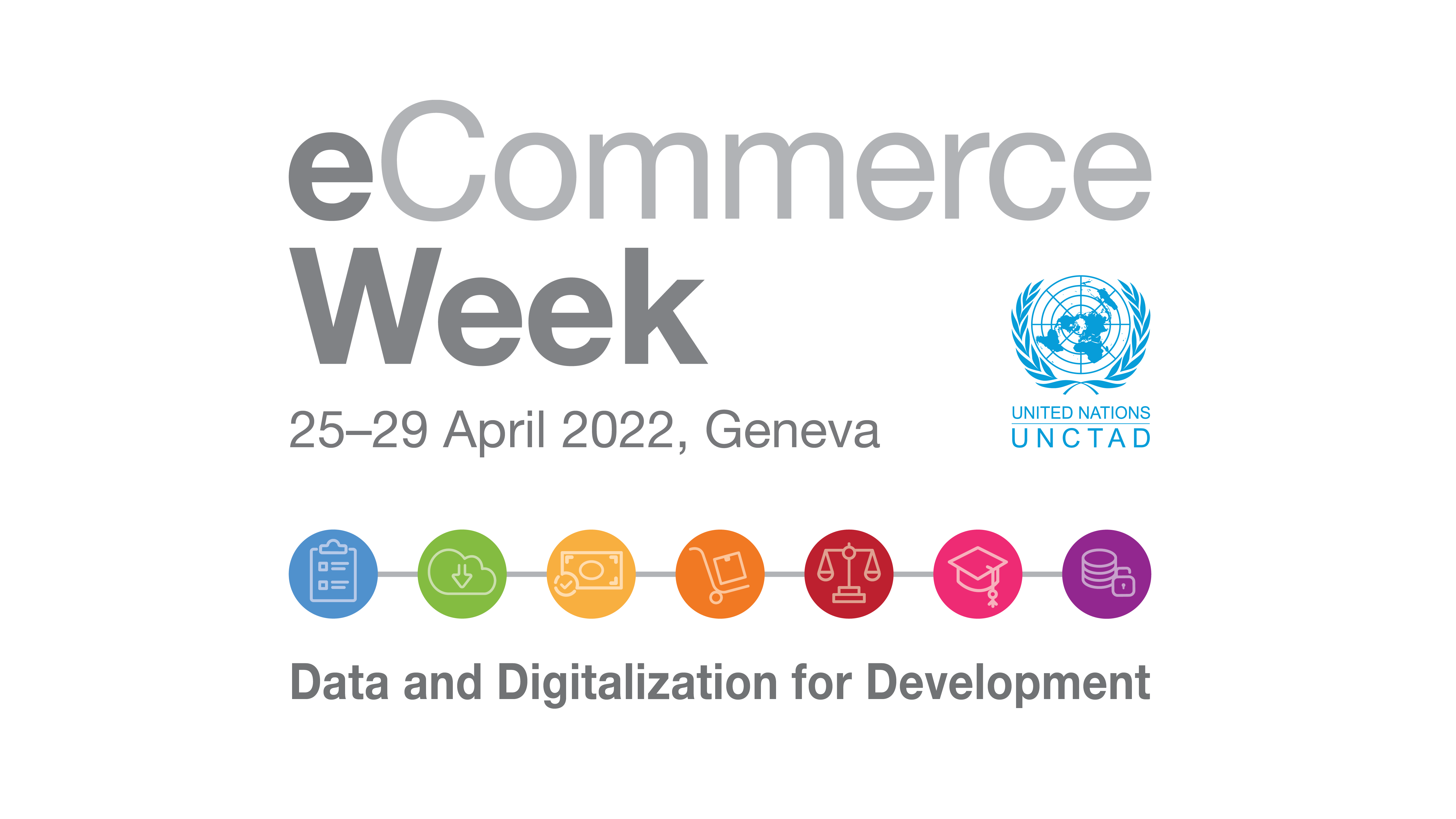Building online dispute resolution for Southeast Asian consumers
25 Apr 2022 12:00h - 13:00h
Event report
The session aimed to address and present current initiatives, challenges, and recommendations for developing national online dispute resolution (ODR) systems in the Association of Southeast Asian Nations (ASEAN) member states to increase consumer trust in the digital economy and enhance consumer welfare. Ms Teresa Moreira (Head of Competition and Consumer Policies Branch, UNCTAD) opened the session explaining that consumer ODR is increasingly common in mature e-commerce ecosystems such as China, Europe, and the USA. However, in developing countries, consumers are not realising the full potential of e-commerce as they do not have access to ODR. Southeast Asia is the most dynamic region with a fast-evolving and expanding e-commerce landscape. Several initiatives in the region foresee the introduction of national and regional ODR. However, the region has different levels of maturity regarding consumer protection systems. There is still a lot that needs to be done. Afterwards, panellists discussed the main challenges and gaps in existing mechanisms and procedures, along with recommendations for setting up or strengthening alternative ODR, with a digitalisation and e-commerce focus. Mr Sothi Rachagan Sinnathurai (Emeritus Professor at Nilai University) highlighted the progress by ASEAN countries. Most countries do not have an ODR system, and some countries just provide access to complaint centres. Procedural law cannot grant what substantive law has not conferred. ASEAN member states need to ensure that all e-commerce law gives substantive rights to consumers. When looking at the development of e-commerce laws in ASEAN, we see three aspects: first, laws that legitimise and facilitate e-commerce; second, extensions of readily enacted consumer protection laws to e-commerce. As some countries have explicitly exempted trade by electronic means in their law and it took years to remove these exemptions, it is of utmost importance to ensure that the existing consumer protection law applies. And third, consumer protection law that addresses special features of e-commerce, such as regulating electronic trade from B2C. The issue is that not all ASEAN countries have put in place special laws that address e-commerce, despite increasing complaints during the COVID-19 pandemic. Ms Sita Zimpel (Principal Advisor, GIZ – Consumer Protection in ASEAN) stressed that it had been estimated that the 2020s would be the digital decade for Southeast Asian countries and consumers. Among all consumers in the region, eight out of ten are digital consumers. These trends and data come with new demands for consumer protection and regional cooperation. She underlined that ASEAN countries had acknowledged the urgency of ODR systems. There are several efforts currently undertaken by the ASEAN Committee for Consumer Protection toward a commitment to ODR systems. Ms Ruth Castelo (Undersecretary, Philippines) shared their national perspective on ODR systems. The Philippines acknowledge the necessity of providing consumers with user-friendly and practical mechanisms. To this end, it launched the Philippine Online Dispute Resolution System (PODRS), a web-based portal where clients may log complaints and seek relief for products or services they purchase online. Mr Lijin Yan (Chairman of China Silk Road Group) shared views on the Digital Trading Infrastructure and Online Dispute Resolution project (DODR) developed between China Silk Road Group and the UN Conference on Trade and Development (UNCTAD), which aims to help the design and implementation of ODR systems in Indonesia and Thailand. According to Yan, the purpose is to provide consumers with various functions such as safe ODR, informational transparency, and other benefits. Trust is essential for fostering international trade; without trust, it is difficult to engage with different stakeholders worldwide, Yan highlighted. The second round of questions focused on the role of international cooperation. Sinnathurai suggested looking at International Organization for Standardization (ISO) standards because when designing systems, we must keep accessibility and other disadvantaged populations in mind. There are ISO standards that have been developed, and that should be applied at this stage. We could link ISO to UNCTAD to see whether best practices can be shown and explained to member countries, Sinnathurai concluded. Zimpel underscored the importance of international dialogue in international cooperation; for instance, China has helped increase the understanding of their lessons learned and how these can be applied to other countries. Yan highlighted the vital role the UNCTAD plays. He stressed that we can’t achieve a cross-border ODR system without international cooperation, which requires a joint effort to strengthen international cooperation and dialogue. By Kristina Hojstricova
Related topics
Related event

